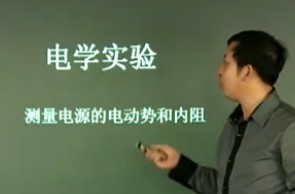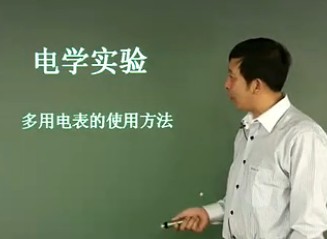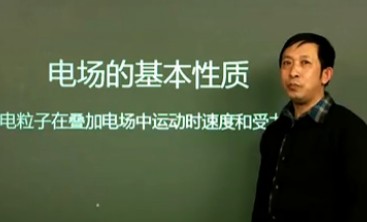2010年高三英语模拟试题及答案(一)(3)
来源:广东高考网 2012-04-12 15:26:29
C
Rules for the University Entrance Examination
●You must be at the examination center ten minutes before the examination starts. If you are more than ten minutes late, you may not enter the examination center. The examination takes place at the same time in different states.
●You must have proof of your name and grade as well as official examination number. Show these when you come to the examination center.
●Depending on which examination you are taking, you may bring certain items into the examination center. Mathematics examinations may allow you to use electronic calculators (计算器). Other subjects may allow you to use dictionaries and other reference material. Please read the notes sent with your timetable carefully.
●You must bring your own pencils. None will be provided for you. The following items are not allowed in the examination center: walkmans and radios, head sets, any food or drink, schoolbags, electronic equipment (unless specifically permitted for various subjects), and mobile phones.
●Once in the center, you must sit at the desk with your examination number on it. When you sit down, place your examination number at the top corner of your desk.
●You must remain silent during the examination. You must not disturb other people who are taking the test.
●If you need a drink or toilet break, you should raise your hand and wait for the supervisor (监督者) to speak to you. You will be given water or the supervisor will take you to the bathroom. You are not allowed to talk with anyone during the break.
●You must write your answers in the official answer sheet. Your supervisor will provide extra paper if you wish to make notes.
●You may leave the examination room at any time if you do not plan to return. If you finish early and want to leave, please move well away from the examination center.
●The supervisor will warn you fifteen minutes, five minutes and one minute before the end of the examination. When the supervisor says that the time is up, you must put down your pencil and wait at your desk until your paper is collected.
44. What kind of examination are these rules probably for?
A. A local exam. B. A final exam.
C. A college exam. D. A national exam.
45. What are you allowed to have with you when you take mathematics examination?
A. Related material. B. Proof of yourself.
C. A cell phone. D. A dictionary.
46. What should you do if you finish the test early and want to get a better result?
A. Take some notes carefully. B. Leave the room immediately.
C. Remain in your seat and check again.
D. Raise your hand to inform your teacher.
47. What can be provided for you during the exam?
A. Pencils. B. Food and drink. C. Extra paper. D. Calculators.
D
How men first learned to invent words is unknown, in other words, the origin of language is a mystery. All we really know is that men, unlike animals, somehow invented certain sounds to express thoughts and feelings, actions and things, so that they could communicate with each other; and that later they agreed upon certain signs, called letters, which could be combined to represent those sounds and which could be written down. Those sounds, whether spoken, or written in letters, we call words.
The power of words, then, lies in their association-the thing they bring up before our minds. Words become filled with meaning for us by experience; and the longer we live, the more certain words recall to us the glad and the sad events of our past; and the more we read and learn, the more the number of words that mean something to us increase.
Great writers are those who not only have great thoughts but also express these thoughts in words which appeal powerfully to our minds and emotions. This charming and telling use of words is what we call literary style. Above all, the real poet is a master of words. He can convey (表达,传递)his meaning in words which sing like music, and which by their position and association can move men to tears. We should, therefore, learn to choose our words carefully and use them accurately, or they make our speech silly and vulgar.(粗俗的)
48. Which of the following about a real poet is NOT true?
A. He is less than a master of words.
B. His style is always charming.
C. His poem can move men to tears.
D. He can express his ideas in words that sing like music.
49. Where does the real power of the words come from?
A. From the words themselves.
B. From their characteristics.
C. From their curiosity.
D. From their association.
50. What is the main idea of the passage?
A. The importance of choosing words.
B. Where the real power of words come from.
C. What great writers are like.
D. We should learn to choose words carefully.














 微信号:www_gaokao_com
微信号:www_gaokao_com
